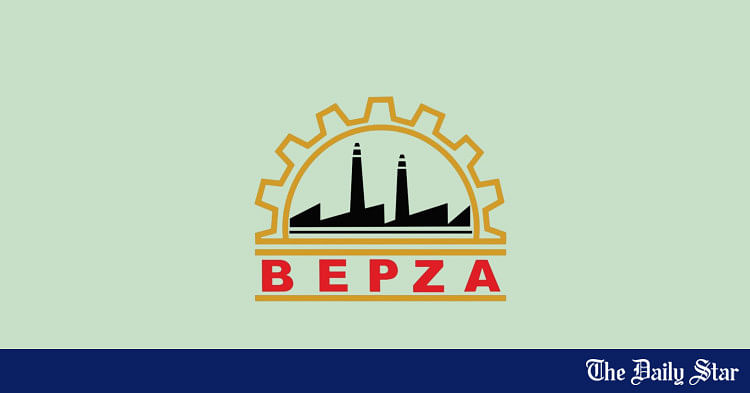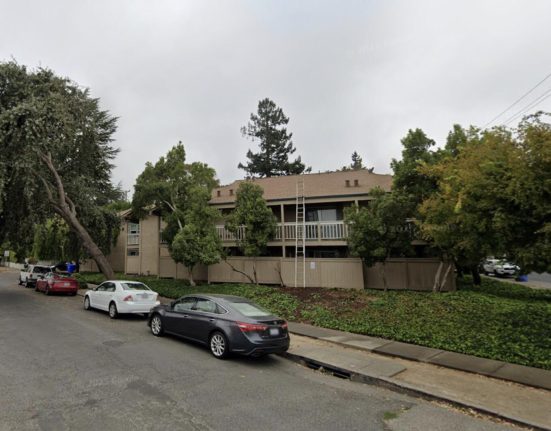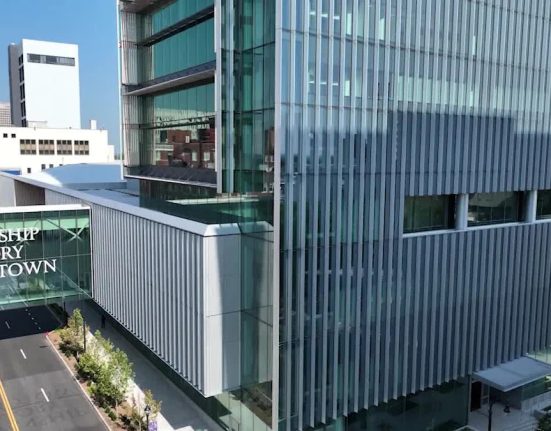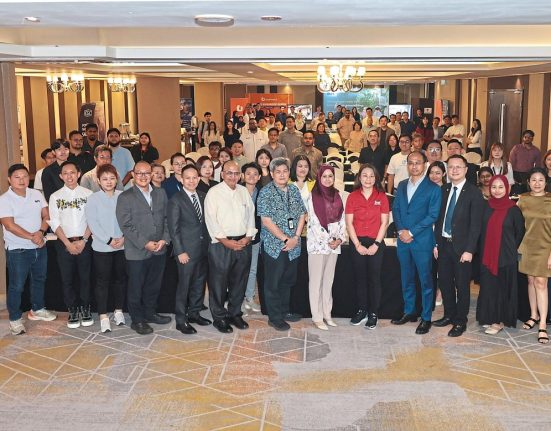The Bangladesh Export Processing Zones Authority (Bepza) witnessed substantial growth in exports and employment during the fiscal year (FY) 2024–25, primarily driven by a surge in foreign investment.
It received investment proposals worth $497.48 million in FY25, with the potential to generate employment for an estimated 59,408 Bangladeshi nationals.
Bepza has so far signed 33 new investment agreements during the fiscal year with investors from China, South Korea, the United Kingdom, Ireland, the British Virgin Islands, Singapore, India, and the United Arab Emirates, according to a press release.
Recently, Hong Kong-based Handa Industries signed a memorandum of understanding to invest $250 million in Bangladesh, with an initial $150 million allocated to the textile sector.
The enterprises under these agreements will manufacture a diverse range of products, including readymade garments, electronics, agro-based goods, footwear, leather products, packaging materials, tents, wigs, light engineering components, toys, and composite items.
Once operational, these ventures are expected to significantly accelerate investment inflows in FY2025–26.
As a result, Bepza’s contribution to national export earnings rose to 17.03 percent of the total $48.28 billion in FY25, up from 15.9 percent the previous year.
The zones under Bepza — eight EPZs and the Bepza Economic Zone — recorded exports worth $8.22 billion, marking a 16.22 percent year-on-year growth.
Since its inception, Bepza has facilitated exports valued at $119 billion, with products reaching over 120 countries.
Employment in Bepza-administered zones rose to 533,527 as of June 2025, compared to 500,110 the year before, driven by both industrial expansion and the entry of new investors.
Investment in capital machinery and fixed assets stood at $292.77 million, a decline from $350.93 million in FY2023–24.
Bepza attributes this to short-term global and domestic economic adjustments but remains optimistic about a rebound.
Currently, 450 of Bepza’s 563 industrial units are operational.
Among these, 33 percent produce garments, 18 percent manufacture accessories, and 9 percent are involved in textiles.
The remaining 40 percent produce a wide array of goods, from medical devices and electronics to furniture and fashion items.
In addition to existing zones, Bepza is developing two new EPZs in Jashore and Patuakhali, with plot allocations for investors expected to commence next year.


 For all latest news, follow The Daily Star’s Google News channel.
For all latest news, follow The Daily Star’s Google News channel. 




